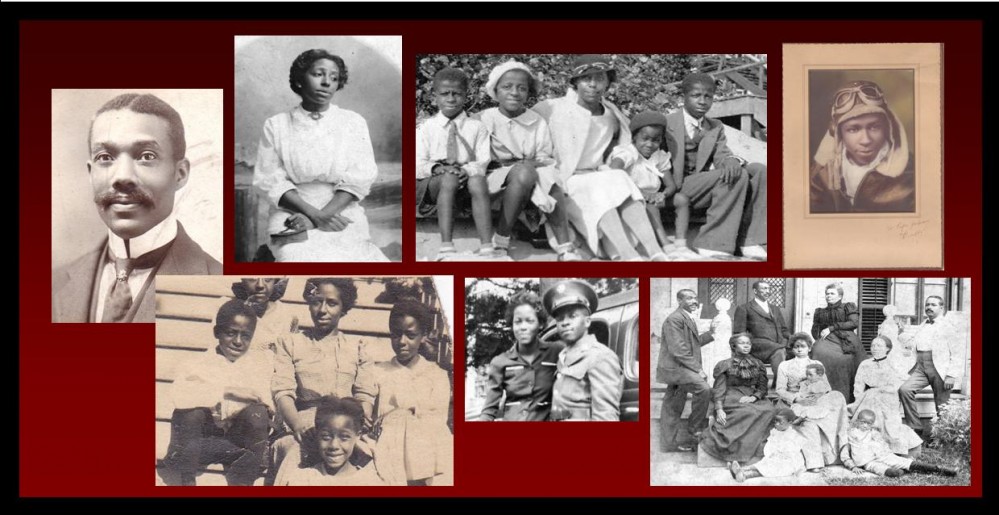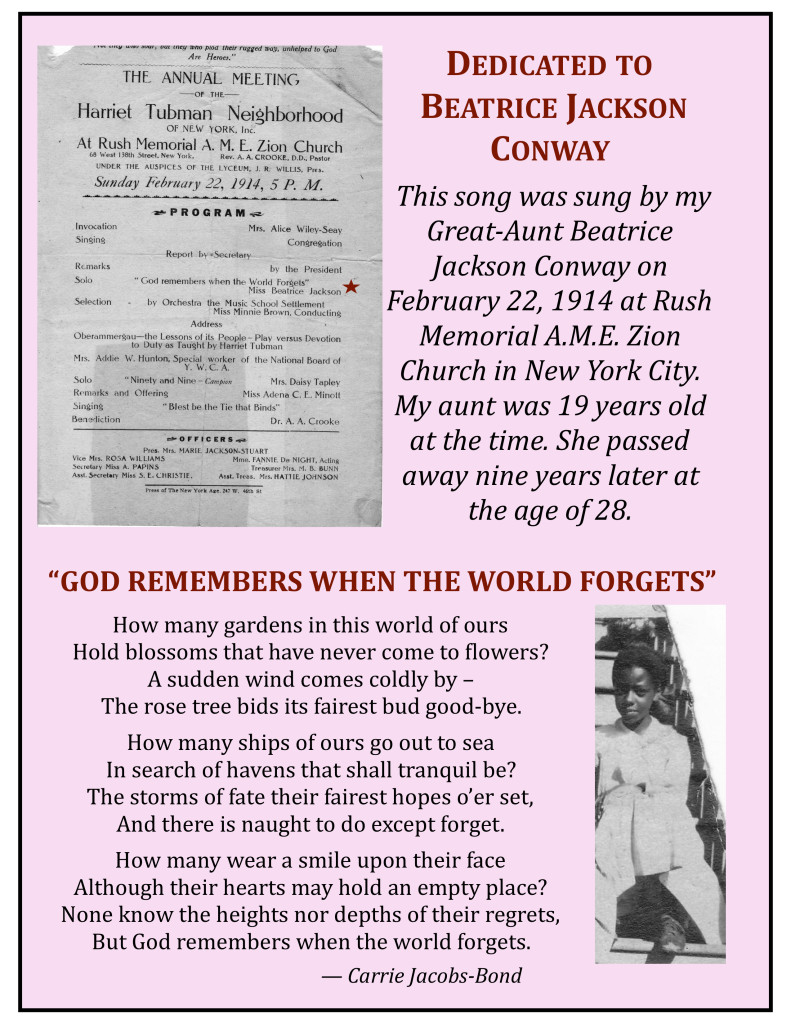Tag Archives: Tarrytown New York
Momma Addie: The central figure in my family’s history
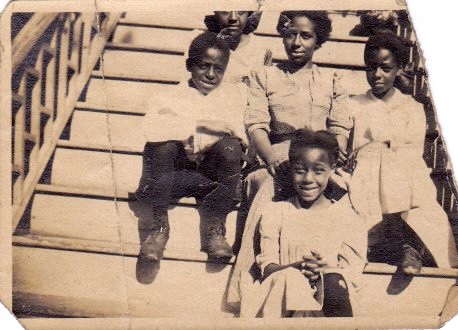
My great grandmother Momma Addie with four of her five children: Marie, Beatrice, Clarence and (front) my grandmother Virginia. Circa 1912.
For the past 4-5 years, I’ve been researching my family history. I’ve written about a great-great grandmother who was a slave on a plantation in southwestern Virginia and lived to be 113 years old, and a great grandfather (her son) who helped to found a Baptist church in Tarrytown, NY and in the early 1900s was the chauffeur for the president of New York Central Railroad.
The central figure in my family history is my great grandmother Addie Wilkins Jackson (or “Momma Addie”). Born in Virginia in 1875, she was in the first wave of African-Americans to leave the South and migrate North following the Civil War. She settled in Tarrytown, NY and married my great grandfather, Clarence “Papa Jack” Jackson, in 1893.
As Black History Month comes to a close, I plan to use it as a springboard to telling the story of the contributions of “Momma Addie” and the children she raised.
Finding–and organizing–a church home in the North
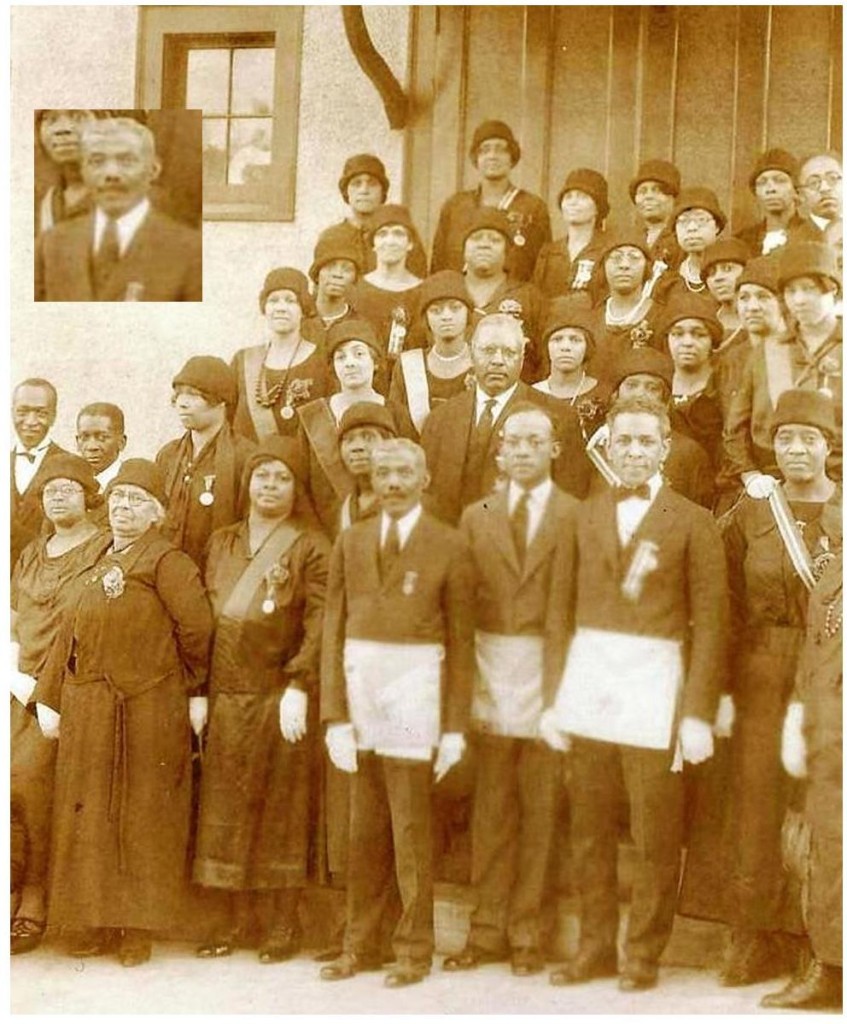
In the 1880s, my great grandfather, Clarence “Papa Jack” Jackson, (center and inset) helped organize Shiloh Baptist Church in Tarrytown, N.Y., serving as its first superintendent
When a son (or daughter) of the South migrated North following the Civil War one of the first things most of them did was find a church home. My great grandfather, Clarence “Papa Jack” Jackson, was no exception. In fact, he went a step further. Shortly after arriving in Tarrytown, N.Y., from Virginia in the 1880s, “Papa Jack” helped organize and build Shiloh Baptist Church, serving as the church’s first superintendent. Shiloh recently celebrated its 125th anniversary as a Tarrytown, N.Y., institution.
Harlem Renaissance poet and author Claude McKay wrote this about the black church and the post-Emancipation era: “The Negro people remained a special group. They were excluded from trains and trams, hotel and restaurants, schools and theaters and other public places. They were kicked out of Christian churches. They were effectively segregated. But the only thing more than any other that Negroes started out to build exclusively for themselves was the Negro church.”
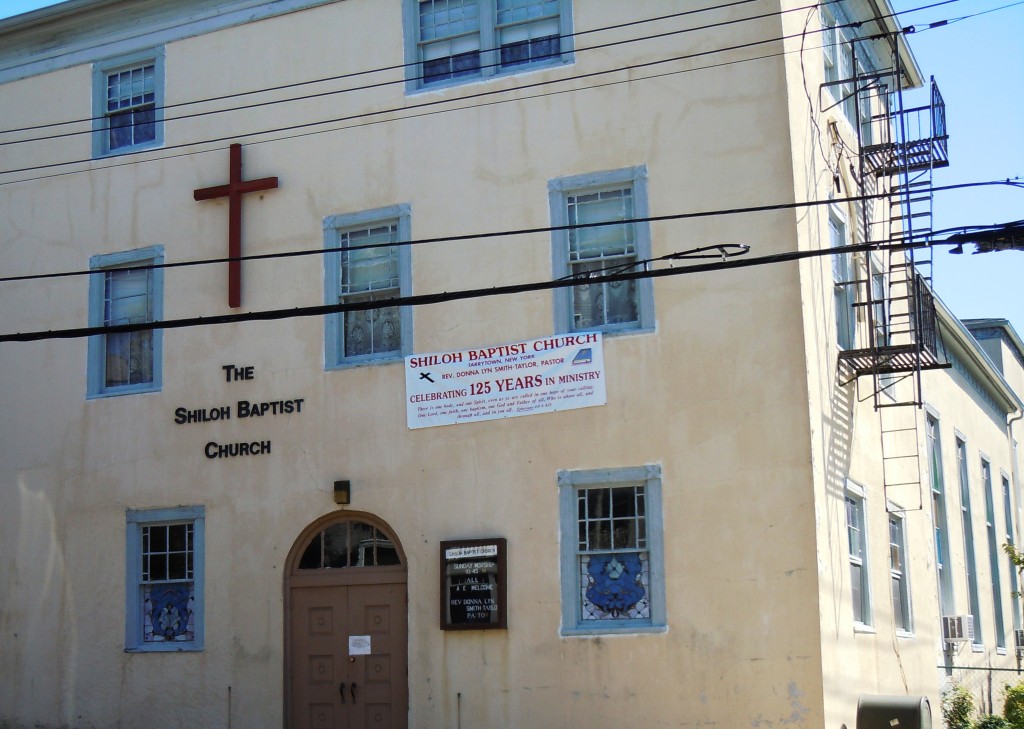 As Shiloh’s first superintendent, “Papa Jack” spearheaded the hiring of Rev. C.L. Franklin, who served as the church’s pastor for close to three decades during its most formative years in the early 1900s. Like many blacks at the time, including members of my family, Rev. Franklin supported the Republican Party, referred to by most black folks as “the party of Lincoln.”
As Shiloh’s first superintendent, “Papa Jack” spearheaded the hiring of Rev. C.L. Franklin, who served as the church’s pastor for close to three decades during its most formative years in the early 1900s. Like many blacks at the time, including members of my family, Rev. Franklin supported the Republican Party, referred to by most black folks as “the party of Lincoln.”
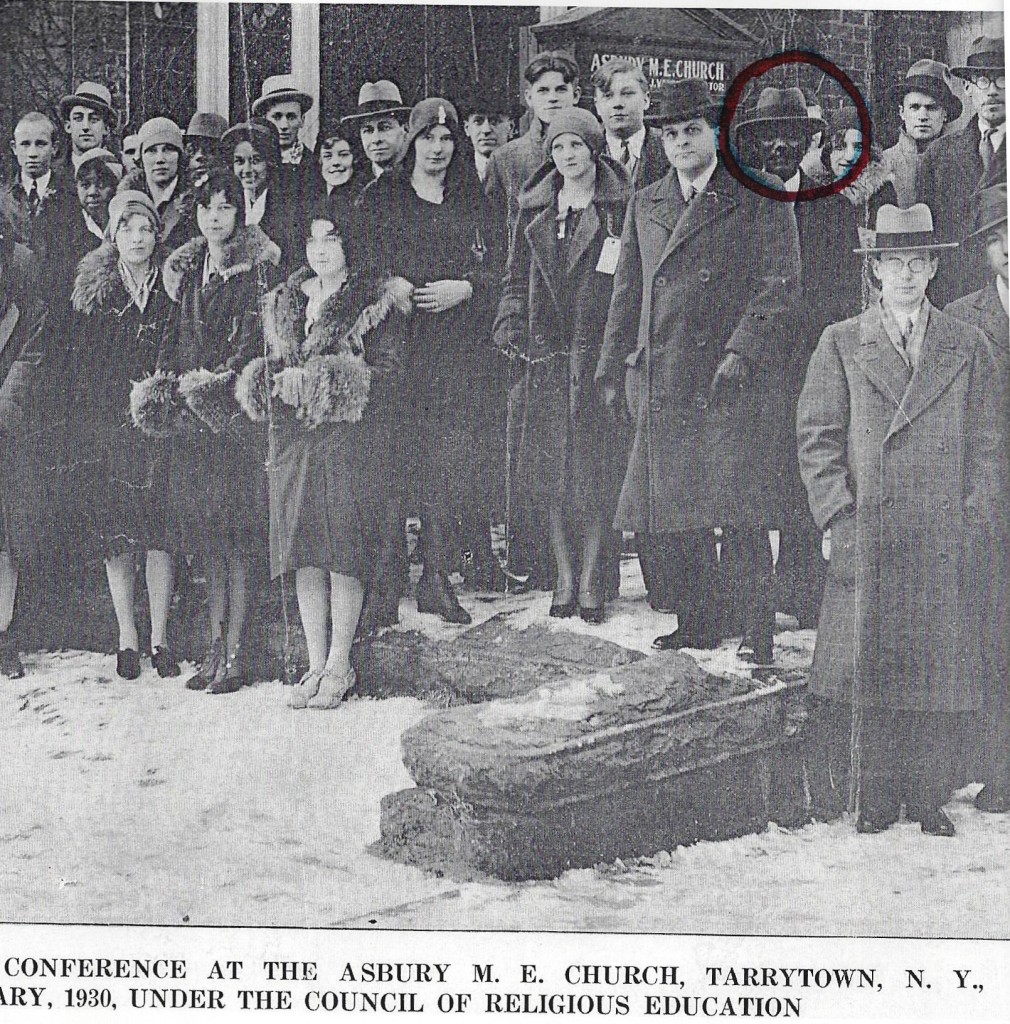
A pillar in the community, “Papa Jack” was actively involved with an interdenominational group of church leaders.
Addressing a meeting of Colored Republican Club of the Tarrytowns in the early 1900s, Rev. Franklin said this according to a local newspaper: “I have been a resident of the Tarrytowns for five years and I have made a study of this community. We’re all a part of it and we know what the Republican organization has done for us. Let every clear thinking individual stand at the polls next Tuesday and support the Republican ticket.”
As a child, I attended Shiloh Baptist Church but only recently found out about my great grandfather’s role in its establishment.
